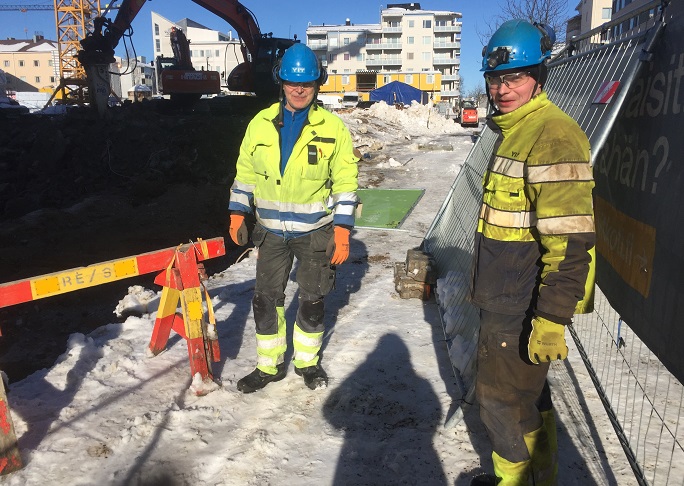Wage gap increases in past 20 years in Norway: report
Published : 05 Nov 2018, 20:21
A new report from Norway's statistics bureau showed that wage differences have considerably increased over the past 20 years in the Nordic country, with the fastest pace recorded in the public sector, Dagsavisen newspaper reported Monday.
"The highest wage groups have had stronger wage development than those with lower wages. The biggest deviation is between the bottom and the top," said Knut Hakon Grini, senior adviser in Statistics Norway (SSB).
On average, a person belonging to the group with lowest wage must work for almost four months to earn as much as an average person in the highest payroll group earns in one month, said the report.
While the wage gap is biggest in the private sector, inequality has grown faster in the public sector, Dagsavisen reported.
"This does not surprise me. However, the development goes in the opposite direction to what we want. Small wage differentials are exactly something that we are known for in Norway. It contributes to increased productivity and better cooperation," John Leirvaag, leader of the Norwegian Civil Service Union (NTL), told the newspaper.
The professions in the lowest wage group are jobs lasting for a short period of time, such as shop assistants, apprentices, waiters and employees at fast food restaurants.
The group with the highest wage level includes managers and people with special expertise, such as doctors and people with jobs in finance and insurance.
"They have cutting-edge expertise that increases the price of their labor," Grini said.
Middle wages are earned by teachers, carpenters, police officers and nurses. In this category, the top-low wage gap has also increased.
According to Grini, changes in the labor market can be one of the reasons why the difference in wages increases.
"We have had a large group of industrial workers before. They have been replaced by more highly skilled workers because many work tasks have been automated. And highly skilled labor is better paid. In addition, more people have taken jobs that require less education," he said.


